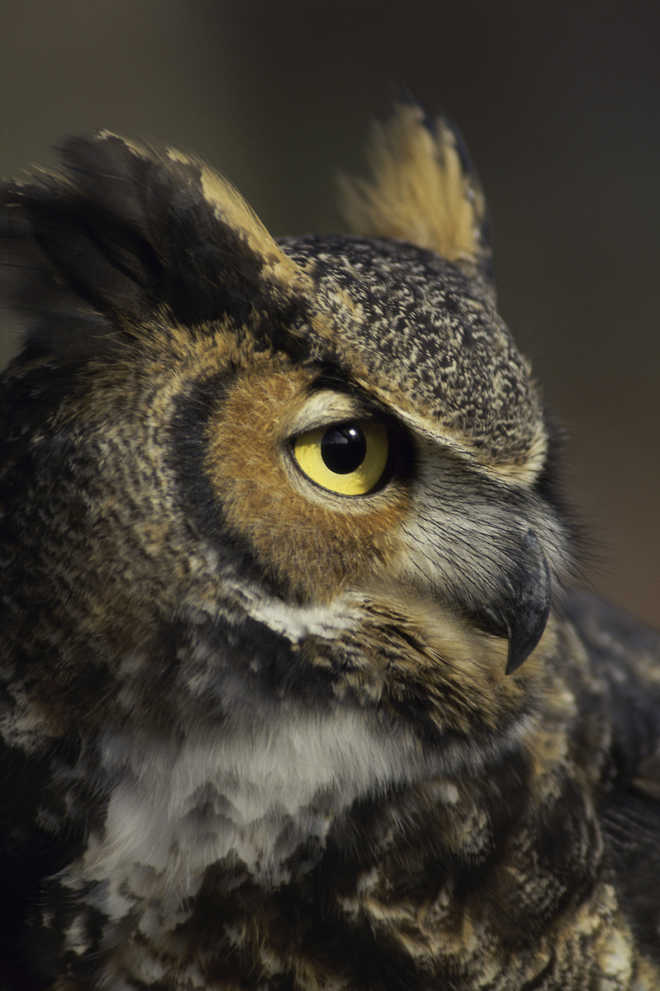
Photo Source: Thinkstock
New York
Researchers have discovered how differences in sleep and wakefulness mechanisms make many animals sleep at night and be active during the day, while others do the reverse.
Examining the day/night patterns of monkeys (diurnal) and mice (nocturnal), the researchers found that although both process light through the eyes in a similar way, the signals that determine sleep/awake modes are sent to the brain via different routes and produce completely opposite sleep/awake patterns.
"Since humans are diurnal, this has clear implications for potential novel treatment of certain sleep or mood disorders," said the study's lead author Qun-Yong Zhou from the University of California, Irvine.
Sleep/awake patterns are among the basic physiological functions in virtually all organisms that are governed by circadian rhythms. These fundamental time-tracking systems anticipate environmental changes and adapt to the appropriate time of day.
Zhou and his colleagues discovered that the sleep/awake switch exists in the eyes within the intrinsically photosensitive retinal ganglion cells, or ipRGC.
Previously, a brain region called the suprachiasmatic nucleus, or SCN, was believed to house the master clock that keeps the body on an approximately 24-hour schedule.
In nocturnal mice, ipRGC and SCN appear to function similarly, and either could serve as the timekeeper. But in the diurnal monkeys, the eyes' ipRGC seems to be dominant, said the study published online in the journal Molecular Brain.
"Considering the long-held view of SCN as the master clock for our circadian rhythms, the idea that the eyes — or particularly ipRGC — are the commander in chief is somewhat surprising," Zhou said.
"But it makes logical sense, as diurnal mammals are visually driven. The eyes not only guide us around during our wakefulness time, but they also dictate when we go to sleep," Zhou noted. — IANS



























